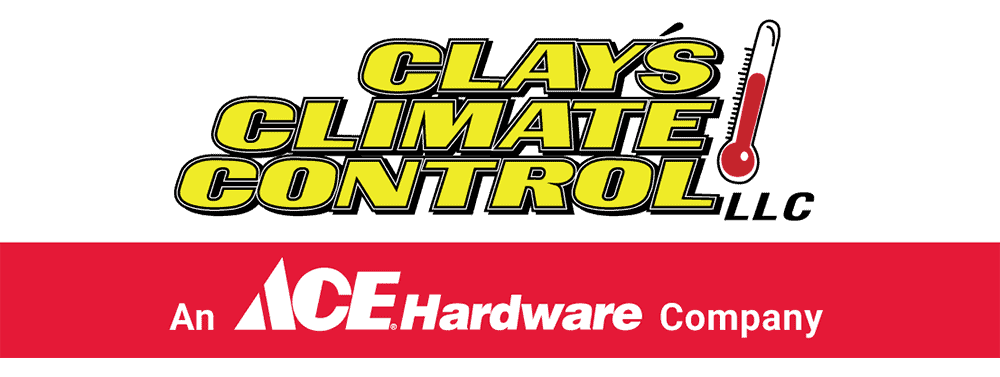These are all acronyms that HVAC professionals and the industry as a whole use to represent the efficiency ratings of air conditioning or heating equipment. See below for descriptions of each.
Seasonal Energy Efficiency Ratio 2 (SEER2)
The Seasonal Energy Efficiency Ratio 2 scores an air conditioner or heat pump’s performance for a typical season in two different operating conditions. This is done to simulate different humidity levels. The SEER2 rating predicts how well an HVAC system will work in different seasons and weather patterns. This rating is very helpful for systems that work through a variety of weather scenarios.
Energy Efficiency Ratio (EER)
The Energy Efficiency Ratio (EER) measures the cooling efficiency of an HVAC system. It compares the cooling output (in BTUs) in hours to electrical watts. This helps to find out how efficiently your HVAC system is, based on output and energy.
Annual Fuel Utilization Efficiency (AFUE)
The Annual Fuel Utilization Efficiency (AFUE) rating averages an HVAC system’s efficiency regarding fossil fuels and heat output. An AFUE rating of 85% would say that 85% of the fuel used in your heating system is actually turning into heat energy, while the remaining 15% is lost. Venting and other issues can cause a loss in the conversion of fossil fuel to heat energy.
